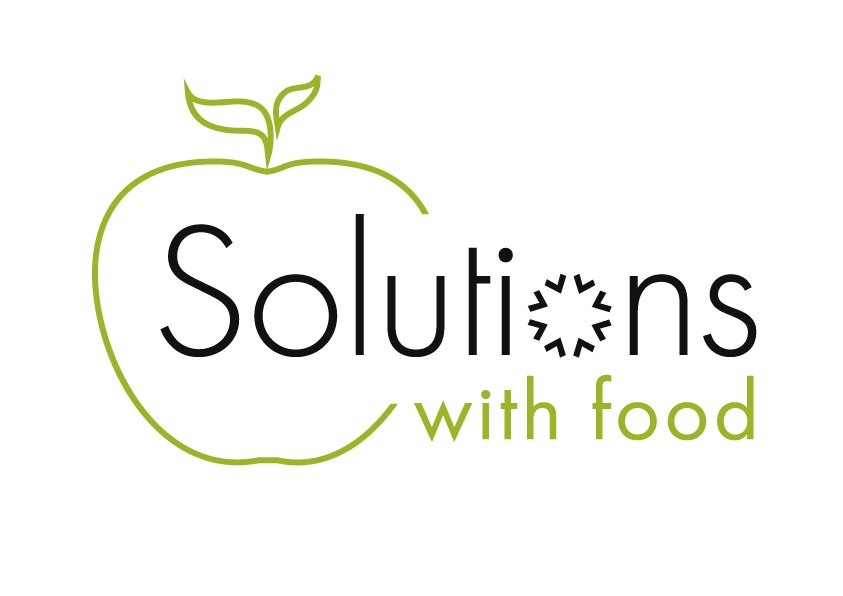The Step by Step Guide to Managing IBS
“Many people I see in clinic often aren't looking after their gut at all. Yes, they may have IBS, but they are not necessarily taking the right basic steps that even a healthy gut would need”
Irritable Bowel Syndrome (IBS) is one of the most common gastro-intestinal disorders, thought to affect around 15% (1 in 7) of the population worldwide. The symptoms of IBS can really take over your life and the idea of ever gaining control of your symptoms may seem like an unrealistic dream.
Step 1: The IBS Basics
Getting a diagnosis
If you have any of the common IBS symptoms (listed below) on a regular basis, it is very important that you discuss them with your GP - don't ignore them!
To get an accurate diagnosis, your GP may rule out conditions such as bowel cancer, coeliac disease, Chrohns Disease and Ulcerative Colitis. This is often done through various blood tests and scans.
Causes of IBS
The actual cause of IBS is still unknown, however what is known is that it is a chronic disorder; where symptoms can vary in frequency and severity.
Common IBS symptoms
· Bloating
· Constipation
· Diarrhoea
· Abdominal pain and discomfort
· Heartburn
· Nausea
· Excessive wind
· A noisy/gurgling abdomen
See an Accredited Practising Dietitian
Many people who suspect they have IBS will start to change their diet in an attempt to control their symptoms. However, if you suspect food is a culprit, we recommend that you consult with one of our dietitians first, as you may end up cutting out more than you need to, which could lead you to miss out on vital nutrients in your diet. Our dietitians can help you replace foods you need to limit with other nutritious foods, to ensure your diet is balanced and nutritionally adequate.
Creating Good Gut Health Habits
Many people I see in clinic often aren't looking after their gut at all. Yes, they may have IBS, but they are not necessarily taking the right basic steps that even a healthy gut would need.
Could you confidently say that you are....
- Exercising regularly?
- Getting enough sleep?
- Eating enough fibre (25g for women, 30g for men) daily?
- Eating regularly?
- Drinking enough water?
- Doing daily stress management exercises?
Step 2: Identifying your Triggers
Although there is no 'cure' for IBS, finding out your triggers can mean that you avoid symptom flare ups.
Common IBS triggers
· Caffeine
· Spicy Foods
· Irregular meal patterns
· Alcohol
· Fatty/deep fried foods
· FODMAPS
· Stress/Anxiety
It is not recommended that you necessarily avoid all of these triggers, as everyone is different and you may end up unnecessarily avoiding foods or situations. However, working with a dietitian to find out which triggers cause your symptoms is a great way to get relief from your IBS.
The Low FODMAP Diet
FODMAPs are another type of trigger that can cause an issue in those with IBS. FODMAPs are sugars that occur naturally in foods, but can also be adding during food processing.
Below is a table of some of the common high FODMAP foods.You will notice that many of these foods are incredibly healthy, so it is important to remember that a low FODMAP diet is not designed to be followed long term. Following a low FODMAP diet for a period of 4-6 weeks can help with IBS. However, it is very important that this is done under the guidance of a dietitian. After the period of 4-6 weeks, FODMAPs are reintroduced one group at a time to find out which ones are triggering symptoms.
* taken from Monash University Fodmap Website
Click here to arrange an appointment with one of our experienced Dietitians to discuss the Low Fodmap Diet in detail.
Step 3: Maintaining IBS Symptom Freedom
Once you have reached control over your gut symptoms it can be easy to become complacent and your symptoms suddenly come back. By knowing your triggers and building in a good accountability structure, you can avoid future IBS symptoms.
Written by
Larissa Meecham
Larissa Meecham has a keen interest in IBS & FODMAP, women’s nutrition & Weight loss and has achieved great outcomes with her current clients. Larissa accepts both EPC referrals & private patients. Her private locations include Brookwater, Annerley, Forest Lake & Redbank Plains.
Tell us about your dieting experience in the comments, or book an appointment with us today and let's discuss your goals!
Solutions With Food



